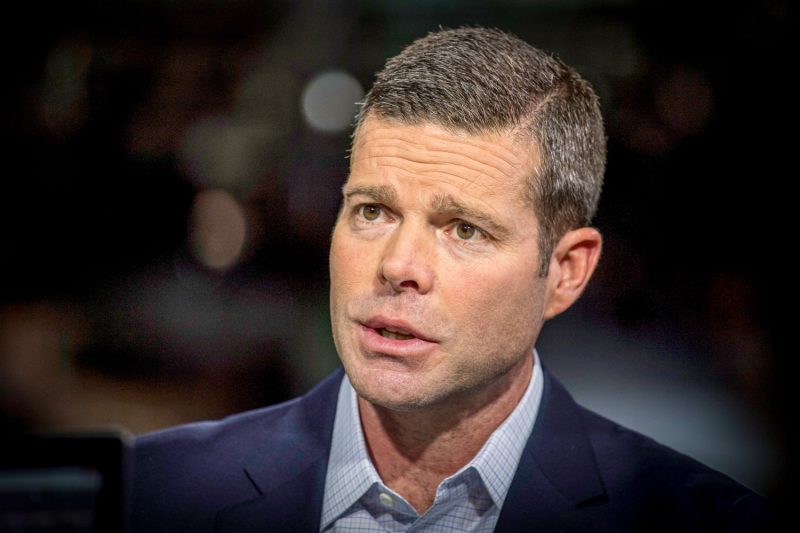
Walmart CFO Warns of Potential Price Hikes with Trump Tariffs Looming
In a recent statement made by Walmart’s Chief Financial Officer, Brett Biggs, the retail giant indicated that it may consider raising prices on certain products if the tariffs proposed by President Trump are implemented. The potential effects of these tariffs on Walmart and its customers have garnered widespread attention, sparking discussions about the repercussions on the retail industry and the economy as a whole.
The imposition of tariffs on key imports such as Chinese goods could significantly impact Walmart’s profit margins. Given its status as one of the largest importers in the U.S., Walmart relies heavily on international supply chains to stock its shelves with a diverse array of products at competitive prices. Any increase in tariffs would likely result in higher costs for the company, with the possibility of these costs being passed on to consumers in the form of price hikes.
Walmart’s consideration of raising prices in response to the proposed tariffs underscores the complex dynamics at play in the retail sector. As a market leader with a vast network of stores and a broad customer base, Walmart’s pricing decisions have the potential to influence industry trends and consumer behavior. If Walmart were to implement price hikes on certain products, it could set a precedent for other retailers to follow suit, leading to a broader trend of rising prices across the retail landscape.
However, the decision to raise prices is not one that Walmart would take lightly. The retail industry is highly competitive, with consumers having a multitude of options when it comes to where they shop. Any significant increase in prices could drive customers to seek out alternatives, potentially harming Walmart’s market share and overall profitability. Balancing the need to maintain margins with the risk of losing customers presents a challenging dilemma for Walmart and other retailers facing similar circumstances.
Beyond its implications for Walmart, the potential tariffs could have far-reaching consequences for the economy as a whole. Retail prices play a crucial role in determining consumer spending patterns and overall inflation rates. A widespread increase in prices across various product categories could impact consumer purchasing power and dampen economic growth. As such, policymakers and industry stakeholders are closely monitoring the situation to assess the potential impact of the proposed tariffs and explore possible strategies to mitigate any adverse effects.
In conclusion, Walmart’s contemplation of raising prices in response to the proposed tariffs reflects the complex interplay of factors influencing the retail industry. The outcome of this decision could have broad implications for Walmart, its competitors, and the economy at large. As the situation continues to evolve, stakeholders will need to remain vigilant and adaptive in navigating the challenges posed by changing trade dynamics and economic conditions.
